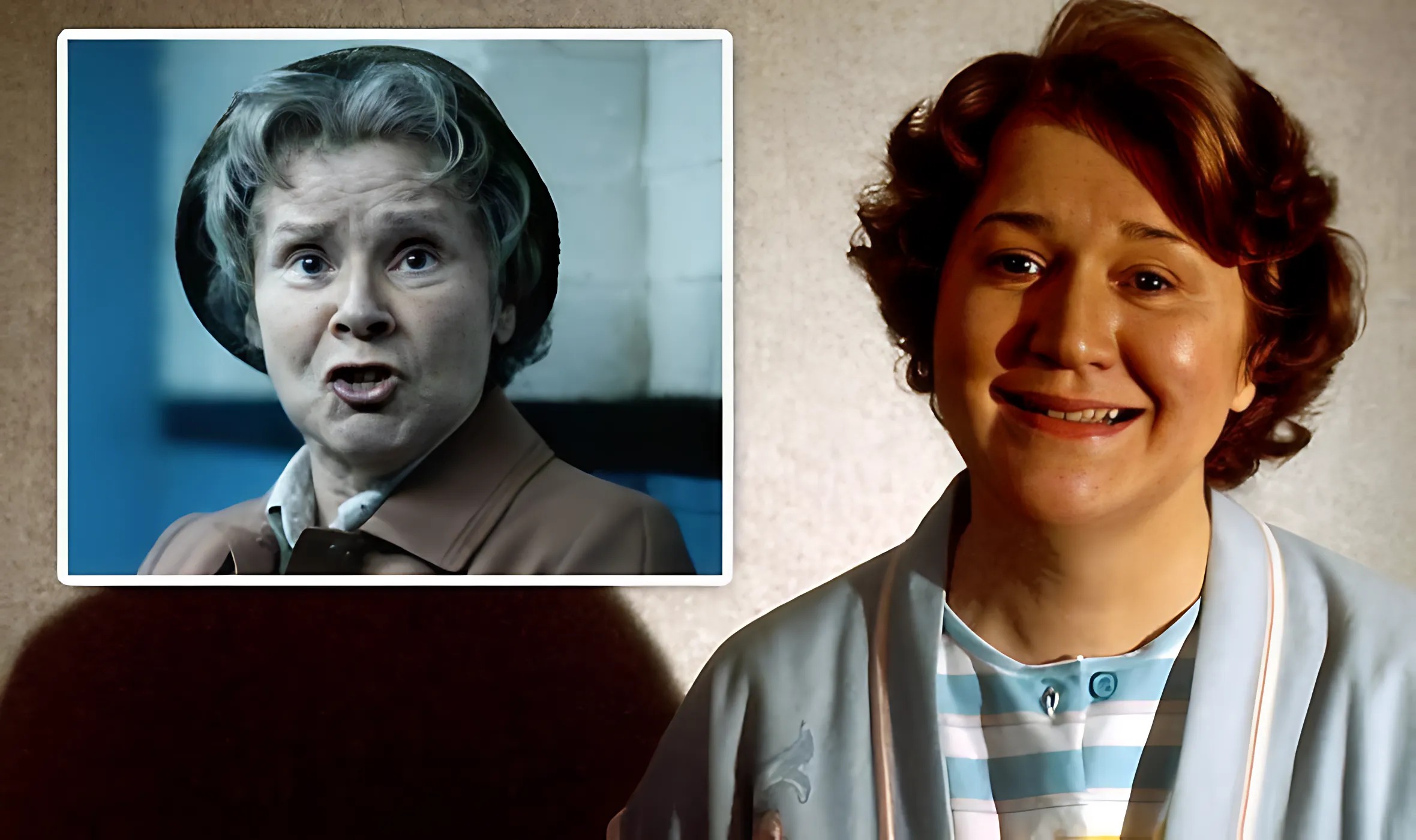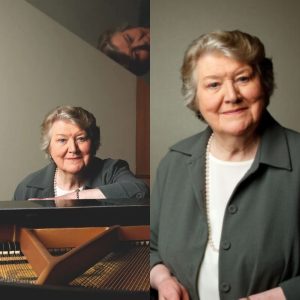BBC’s Talking Heads Returns with Imelda Staunton at the Helm—But Can She Eclipse Patricia Routledge’s Iconic Legacy?
The curtain has risen once more on Talking Heads, Alan Bennett’s masterful collection of monologues, reimagined for a modern audience in a bold new BBC adaptation. At its heart is the formidable Imelda Staunton, stepping into the hauntingly familiar shoes of Irene Ruddock in A Lady of Letters—a role that won Patricia Routledge a BAFTA nomination and a permanent place in the annals of British television history. But as Staunton took centre stage last night, viewers were starkly divided: is there space for a new Irene, or does Routledge’s ghost still linger too strongly in the wings?
Originally aired in 1988, Talking Heads carved out a unique space in the dramatic landscape with its stark, intimate portraits of seemingly ordinary Britons, whose lives slowly unravel over the course of their soliloquies. Few roles resonated as deeply as Irene Ruddock, a solitary pensioner whose obsessive letter-writing becomes both her vice and her undoing. Routledge’s chilling yet oddly endearing portrayal transformed the character into a cultural touchstone—her clipped tones, simmering paranoia, and gradual descent into institutionalisation burned into viewers’ memories for over three decades.
So when the BBC announced its plan to revisit Talking Heads—filmed under strict social distancing protocols during the 2020 COVID-19 lockdown—the question wasn’t just how, but who could fill such formidable shoes.
Enter Imelda Staunton.

Known for her fearless performances in Vera Drake, Harry Potter, and The Crown, Staunton brings a wealth of experience and emotional gravitas. In A Lady of Letters, she delivers a stripped-back, raw performance, filmed at Elstree Studios under minimalist conditions, mirroring the isolated world her character inhabits. Staunton’s Irene is perhaps more understated than Routledge’s—less sharp-tongued, more weathered by years of solitude. Her version pulses with quiet, barely-restrained intensity, revealing a woman consumed not just by righteous indignation but by an aching desire to be seen, to matter.
But for many, the memory of Routledge’s performance proved difficult to dislodge.
As the credits rolled on the broadcast, social media ignited with debate. Fans of the original flocked to Twitter to voice their opinions—some offering high praise, others holding fast to the belief that Routledge’s interpretation remains untouchable.
“I know I’m watching Imelda Staunton but I can’t help thinking about Patricia Routledge. A Lady of Letters #TalkingHeads,” wrote one viewer, echoing the sentiment of countless others.
“Imelda Staunton, good as she is, only shows how brilliant Patricia Routledge was in this part,” another tweeted. “In comparison, this is just recitation with accent slips.”
There was no shortage of viewers who appreciated Staunton’s nuanced take, however. “I love Imelda Staunton. However, I can still hear the cadence of Patricia Routledge,” a fan mused. “Talking Heads is still great TV.”
That comparison is perhaps inevitable. Routledge’s Irene was sharply drawn—her passive-aggressive cheerfulness and moral superiority gradually revealed to be masking deep psychological wounds. Her final moments behind bars, where she confesses to finally feeling at peace among other people, struck a chord so profound that the monologue became required reading on A-Level and GCSE syllabi for decades.
The story itself is deceptively simple. Irene Ruddock, living alone and with too much time on her hands, becomes obsessed with a young couple she believes are mistreating their child. She writes to the council, the police, and even the Queen. The twist—tragic and humiliating—reveals that the child had in fact died of leukaemia. Irene, in her misguided fury, has only worsened the parents’ grief. The fallout sees her sentenced to prison on a suspended sentence, where she paradoxically discovers the human connection she so desperately lacked in her self-imposed exile.
The power of A Lady of Letters lies not in spectacle, but in stillness—in the slow peeling away of a woman’s defenses as she narrates herself into vulnerability. It’s a performance piece that demands razor-sharp timing, empathy, and an ability to inhabit a character completely. Routledge delivered a virtuoso performance in 1988, one that left her mark so deeply that even the most talented of actors today must contend with the comparison.
For Staunton, the challenge was not just to imitate but to reimagine. She chose a quieter path: less theatrical, more grounded, leaning into the realism that the modern production design and stripped-back aesthetic afforded. And to many, that approach paid off.
Director Nicholas Hytner, who collaborated with Bennett and the BBC on the revival, defended the creative choice to recast and refresh. “We weren’t trying to better the originals,” he said in a recent interview. “We wanted to re-explore these monologues in a new world, for a new time.”
The time in question—mid-pandemic Britain—adds another layer of poignancy to Irene’s story. In a nation grappling with isolation, grief, and an increasingly fractured sense of community, A Lady of Letters feels more relevant than ever. It’s a reminder of how loneliness can distort perception, and how desperate acts often mask quiet cries for help.
The debate over Staunton versus Routledge is, in many ways, a testament to the enduring brilliance of Bennett’s writing. Few monologues can inspire such fierce loyalty, or provoke such passionate comparison after 32 years.
The new Talking Heads features 12 monologues, including two brand-new stories penned by Bennett himself, and boasts a star-studded cast that includes Jodie Comer, Martin Freeman, and Lesley Manville. Each actor brings a fresh lens to their role, but none had the weight of expectation quite like Staunton.
Whether Staunton’s Irene will become as iconic as Routledge’s remains to be seen. But one thing is certain: Talking Heads has once again opened the door to the dark, deeply human corners of British life—and reminded us that even in solitude, we are never truly alone.
What did you think of Staunton’s take on Irene Ruddock? A fresh triumph or an impossible comparison?





